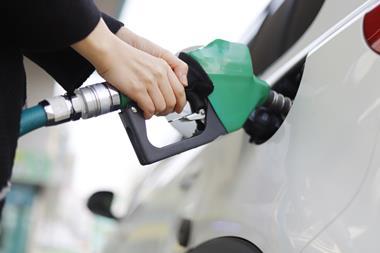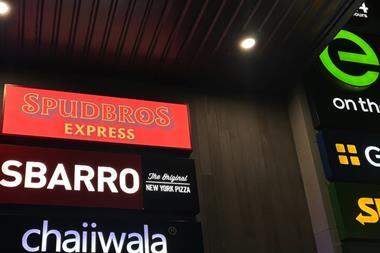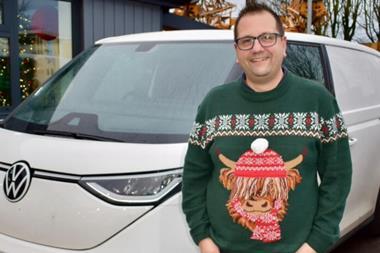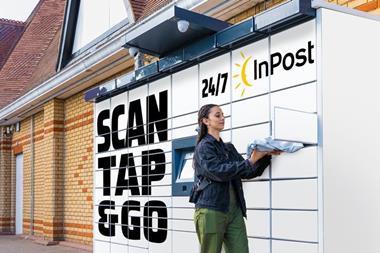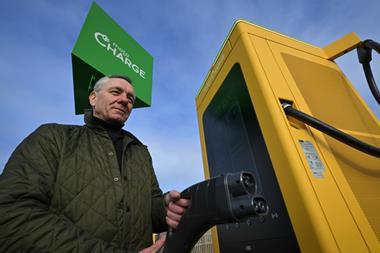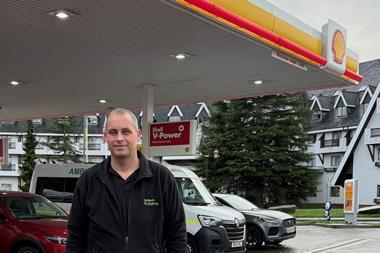
A 2030 phase-out target for banning new ICE van sales is unachievable, while the same target for cars is a major risk unless the government matches its ambitious targets with additional support measures.
That’s the view of the British Vehicle Rental & Leasing Association (BVRLA) which has shared a fleet industry perspective after the Department for Transport confirmed that the government is committed to reinstate the 2030 phase-out deadline for cars. A consultation is expected from late September. The position on vans remains unclear.
The consultation is expected to focus on defining what specifications a car or van must have to be officially categorised as a ‘hybrid’ which can continue to be sold from 2030-2035. In conjunction with the ZEV mandate, the phase-out timings create a period from 2030-2035 where it’s currently unclear which non-ZEV models could be sold in the UK.
Gerry Keaney, BVRLA chief executive, says: “The ZEV mandate timetable and 2030 phase-out target for cars present a major risk unless we see much greater government support to stimulate new and used BEV demand and better charging infrastructure.”
The consultation is expected to cover cars and vans. Through its involvement with the Zero Emission Van Plan, the BVRLA has been communicating the challenges facing electric van adoption with industry and government.
The Zero Emission Van Plan was launched in February 2024 as a collaboration between the BVRLA, Logistics UK, the Association of Fleet Professionals (AFP), Recharge UK, and The EV Café. It outlines three key asks that are required to support the transition to zero emission vans: increased fiscal support, improved charging and removing regulatory barriers.
“When it comes to electric van adoption, the lack of suitable BEV LCV product in – or about to hit – the UK market means the fleet sector will not be able to reach a 2030 phase out target,” adds Keaney.





















